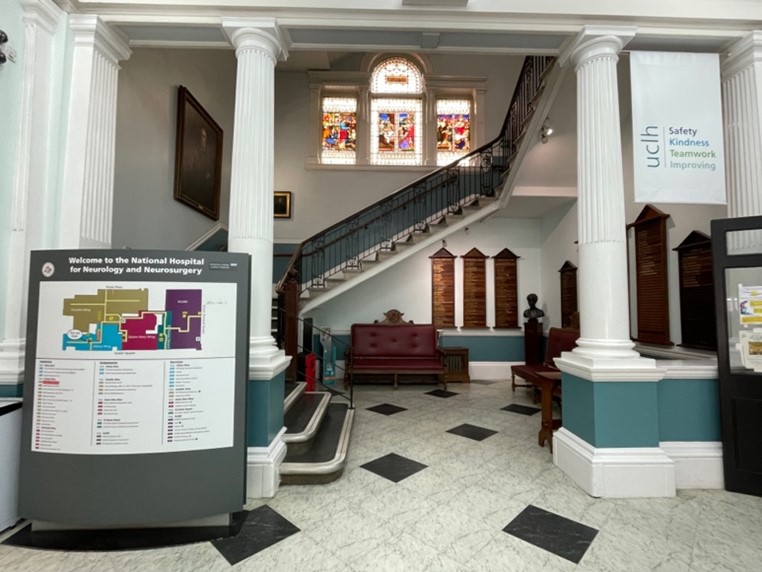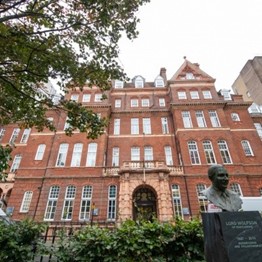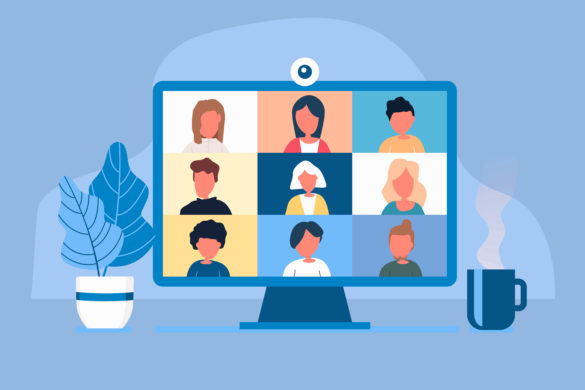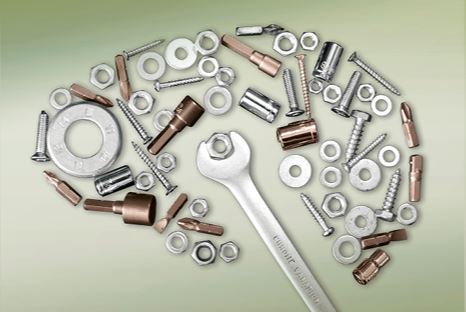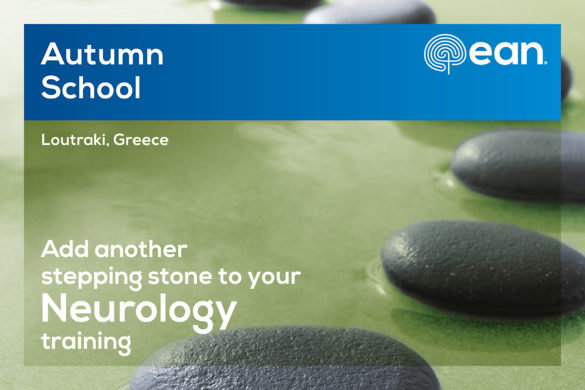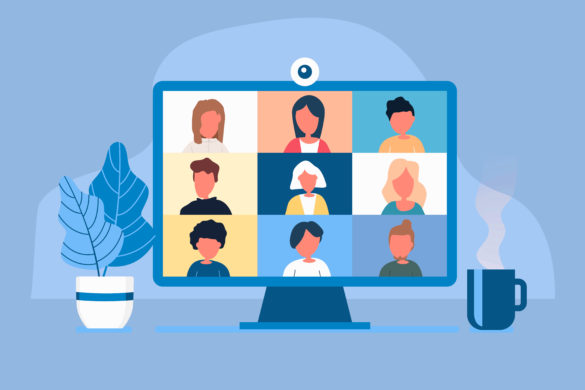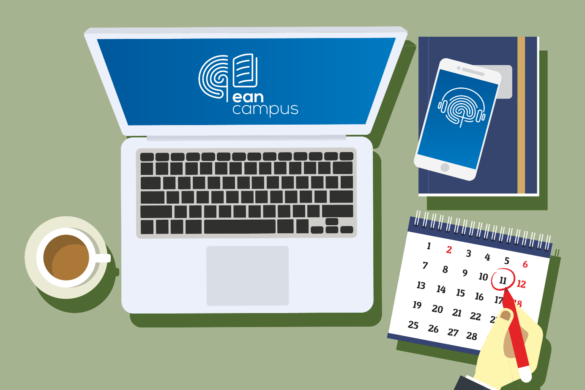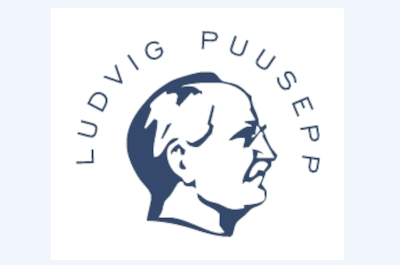Report from 4 months in Tübingen
by Julian Emanuel Alecu
visiting the Department of Neurology at the University Hospital Tübingen
Reflecting on my EAN Student Teaser Fellowship at the Department of Neurology, University Hospital Tübingen from July to October 2023, I am filled with a profound sense of achievement and gratitude. This clinical fellowship has been a pivotal experience and as part of my final year medical school clerkship has helped me in my decision to become a neurologist in the future.
Rotations during my fellowship included the Stroke Unit/IMC, neurological emergency department, outpatient clinic, the electrophysiology lab, and the department for neurodegenerative and movement disorders.
I am grateful for having been given the opportunity to learn from highly experienced neurologists during each of the rotations. A significant aspect of my learning came from observing and interacting with expert clinicians during clinical rounds, case conferences and morning reports. However, learning was never limited to mere observation but included taking care of patients under the supervision of attending and resident doctors. My involvement spanned all stages of the in- and outpatient care, including taking focused clinical histories, performing comprehensive neurological exams and assisting in and performing further diagnostic procedures such as lumbar punctures, ultrasound of peripheral nerves and intra- as well as extracranial arteries, EMG, nerve conduction studies and testing of evoked potentials. The hands-on experience in managing conditions like Parkinson’s Disease (PD), atypical Parkinsonian syndromes, ataxias, and spastic paraplegias was not just educational but a fulfillment of my aspirations in neurology. Being part of the interdisciplinary care team for later-stage PD patients was particularly insightful. Working alongside neurologists, nurses, physical and occupational therapists and psychologists, I was able to witness the intricate interplay of pharmacological management, physical therapy, and psychosocial support, which is the foundation of the complex treatment of patients with neurodegenerative disorders.
During visits in the outpatient clinics for patients with neurogenetic disorders I was able to learn about the nuances in the clinical examination of patients with ataxias, ALS and hereditary spastic paraplegias.
Besides the rotations on the wards, I also had the opportunity to assist in the care of acutely ill patients in the neurology emergency department. The fast, efficient and focused evaluation of critically ill patients during with subarachnoid or intracranial haemorrhages, ischaemic stroke, status epilepticus, acute CNS infection or acute loss of consciousness helped me to improve my clinical skills and learn about essential clinical algorithms hands-on.
Presenting patients to attending neurologists daily helped me to improve on my clinical communication skills and internalize a functional system-centered approach for reporting neurological findings.
This fellowship, during the final year of my medical studies, has been a cornerstone in my clinical education. The support from the EAN through the Student Teaser Fellowship allowed me to immerse myself fully in this great experience and I am convinced that I will carry the skills, insights, and experiences gained into my residency and beyond.
I would like to thank the wonderful team of clinicians at the University of Tübingen Department of Neurology and in particular my clinical mentors, Dr Tim Rattay, Prof. Matthis Synofzik and Prof. Ludger Schöls.
I also would like to thank the European Academy of Neurology for generously supporting my clerkship through the Student Teaser Fellowship.
Report from 8 weeks in Basel
by Batuhan Ayci
visiting the Department of Biomedical Engineering, Faculty of Medicine, University of Basel
Thanks to the EAN Student Teaser Fellowship, I had the opportunity to spend eight fruitful and productive weeks at the Translational Imaging in Neurology (ThINk) group within the Department of Biomedical Engineering at the Faculty of Medicine, University of Basel in Basel, Switzerland.
The ThINk group primarily focuses on researching multiple sclerosis (MS) pathophysiology. This includes identifying biomarkers related to MS progression and therapy response, creating new computational models to understand how MS impacts and evolves, and investigating structural remodelling and regeneration mechanisms within the central nervous system in people with MS. The team is composed of individuals with diverse backgrounds, such as computer scientists, neurologists, and engineers, hailing from various countries like China, Germany, India, Italy, Mexico, Taiwan, Turkey, and more. The work environment not only actively promotes and facilitates interdisciplinary collaboration, but it also effectively nurtures and cultivates a culture of open communication among team members, thereby creating an atmosphere conducive to the seamless exchange of ideas and information.
During my time there, I contributed to a project centred on comprehending the significance of two distinct lesion types found in MS patients: paramagnetic rim lesions and cortical lesions. In this project, I acquired knowledge about novel contrast types used in magnetic resonance imaging (MRI) to visualize and manually identify these lesions. I performed MRI data analysis and segmentation primarily using FLAIR, Phase, and QSM, and I honed my skills by using the widely used MRI software ITKSNAP. I actively participated in clinical and neuroimaging meetings where various aspects of MS pathology and clinical cases were discussed. Additionally, I had the opportunity to observe patient care in neurology outpatient clinics at the university hospital.
One of the most rewarding aspects of my time at the department was engaging in discussions that revolved around analysing clinical and radiological data from patients to formulate hypotheses with potential correlations. As I am committed to pursuing a future career in neuroimmunology, particularly in the field of MS, these discussions and insights from experts were invaluable to me.
During weekends, I explored Switzerland, visiting its major cities and breathtaking landmarks. I immersed myself in nature, going on several treks, and also took part in renowned festivals to connect with people from different cultures and enjoy the experience.
In conclusion, I would like to express my gratitude to all the members of the ThINk group for their warm welcome and support. I firmly believe that this internship has been a crucial step in shaping my future medical career.
Report from 4 weeks in London
by Yuqing (Clara) Chen
visiting UCL Queen Square, Institute of Neurology, London, UK
For my EAN Student Teaser Fellowship 2023, I spent four weeks in the Department of Neuromuscular Diseases at the Institute of Neurology at UCL Queen Square in London, under the supervision of Prof. Henry Houlden.
During my fellowship, I attended outpatient clinics where I gained insight into a variety of conditions including neurodegenerative diseases, peripheral nerve disease, ataxias, and paroxysmal movement disorders. I had the opportunity to learn the skills of clinical examination and understand the different treatment protocols for each patient. I was also able to visit the research lab, gaining insight into the active area of research into neurogenetics, specifically the team’s efforts in setting up a sample-derived biobank on rare neurological diseases, in order to facilitate research for this patient population.
I was particularly struck by the use of genetic technology and knowledge as a powerful approach to understanding neurological diseases and their pathological processes. It is clear that this individualized understanding of disease pathology, such as specific disease genes, will translate to development of revolutionary disease-modifying treatments for these patients.
This fellowship has contributed to my understanding and knowledge of the field of neurology, specifically neurogenetics, opening my eyes to the potential of this technology on treatment. I would like to thank Prof. Houlden and his team for taking the time and effort to mentor me during this fellowship. I am also very grateful to the EAN for providing this opportunity to further discover and explore the exciting field of neurology.
Visit the Student Teaser Fellowship website to find out more about this interesting opportunity for medical students. Interested applicants can get information about eligibility, how to apply with useful tips and FAQ, and how to become a student member including additional benefits when joining the EAN.
The application deadline is 31 March 2024
and the fellowship period is effective from 1 April 2024 to 31 January 2025.
The Student Teaser Fellowship is supervised and reviewed by the EAN Education Committee together with members of the Student Task Force

